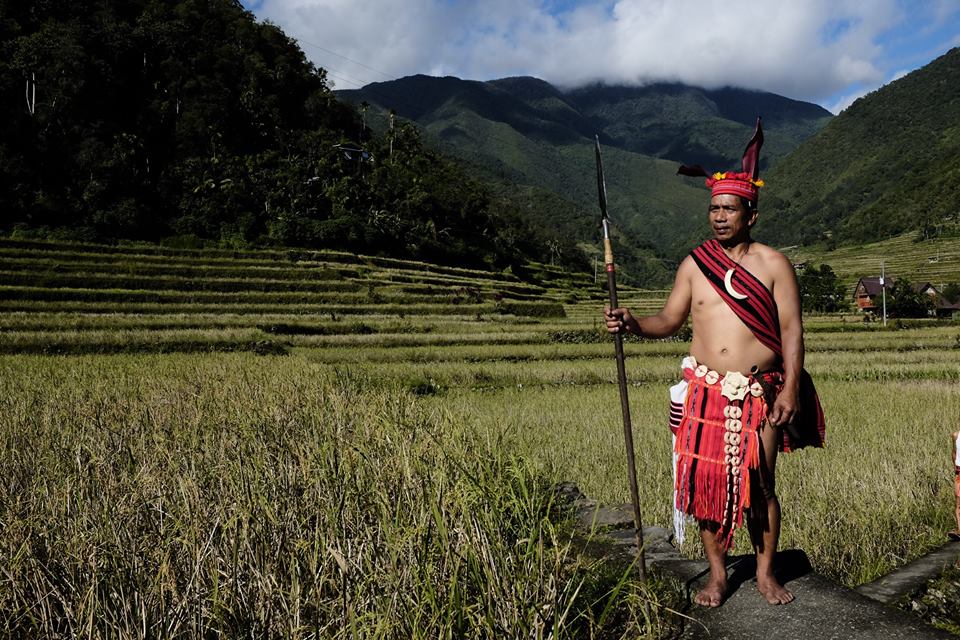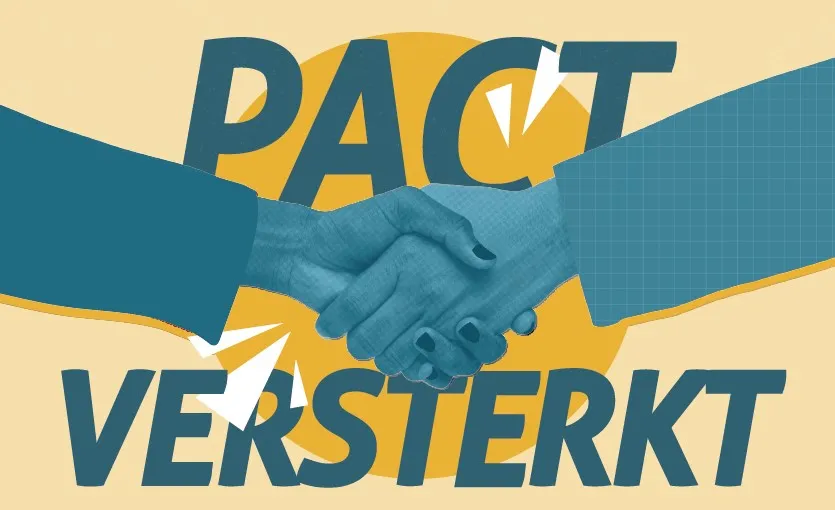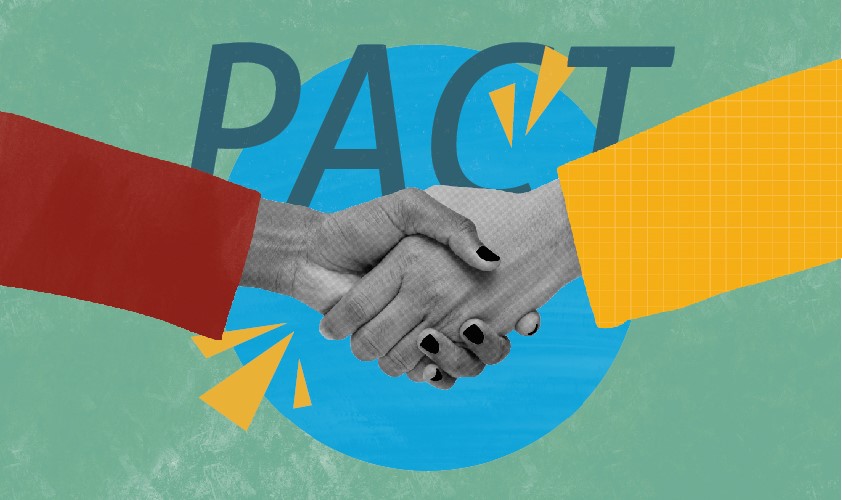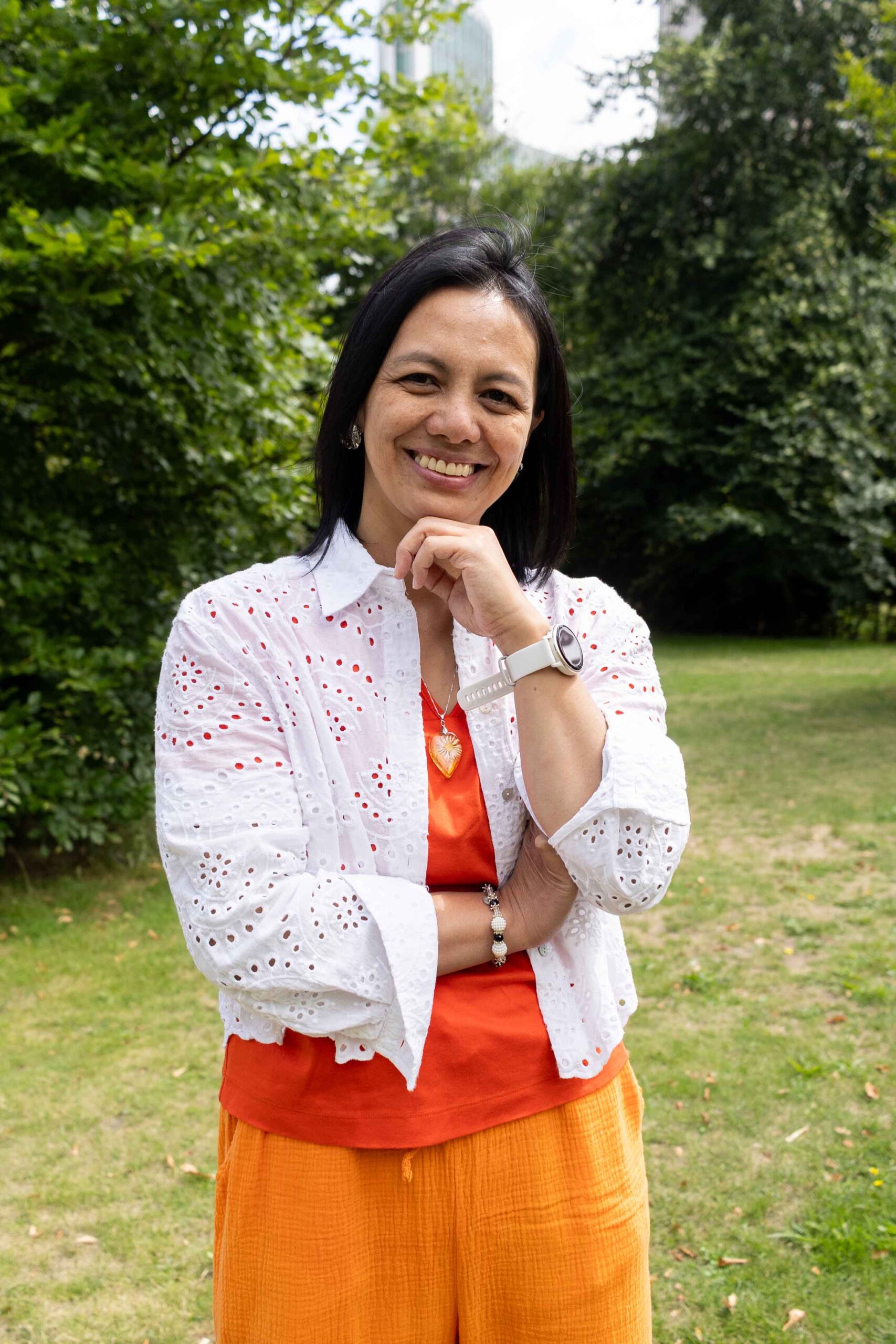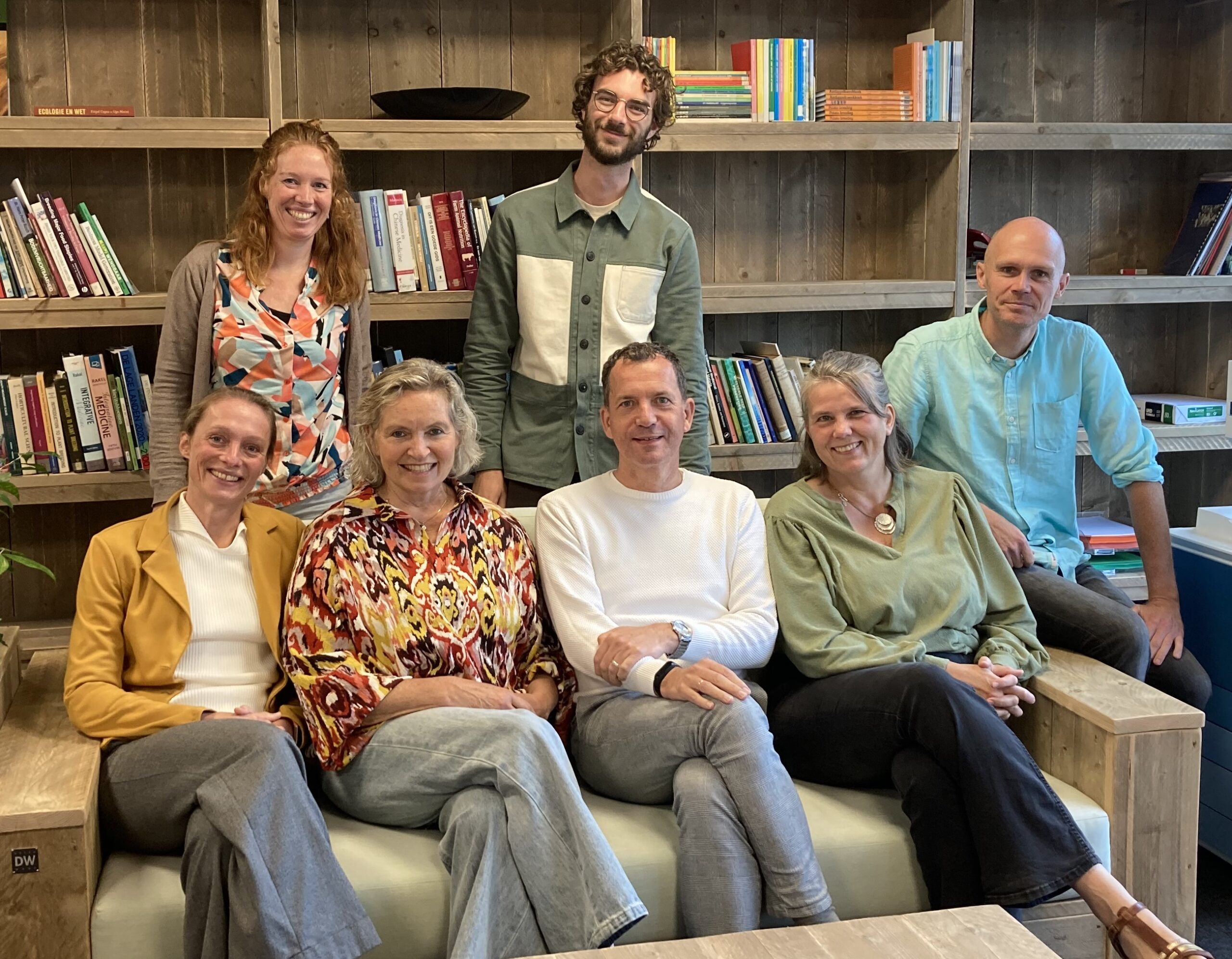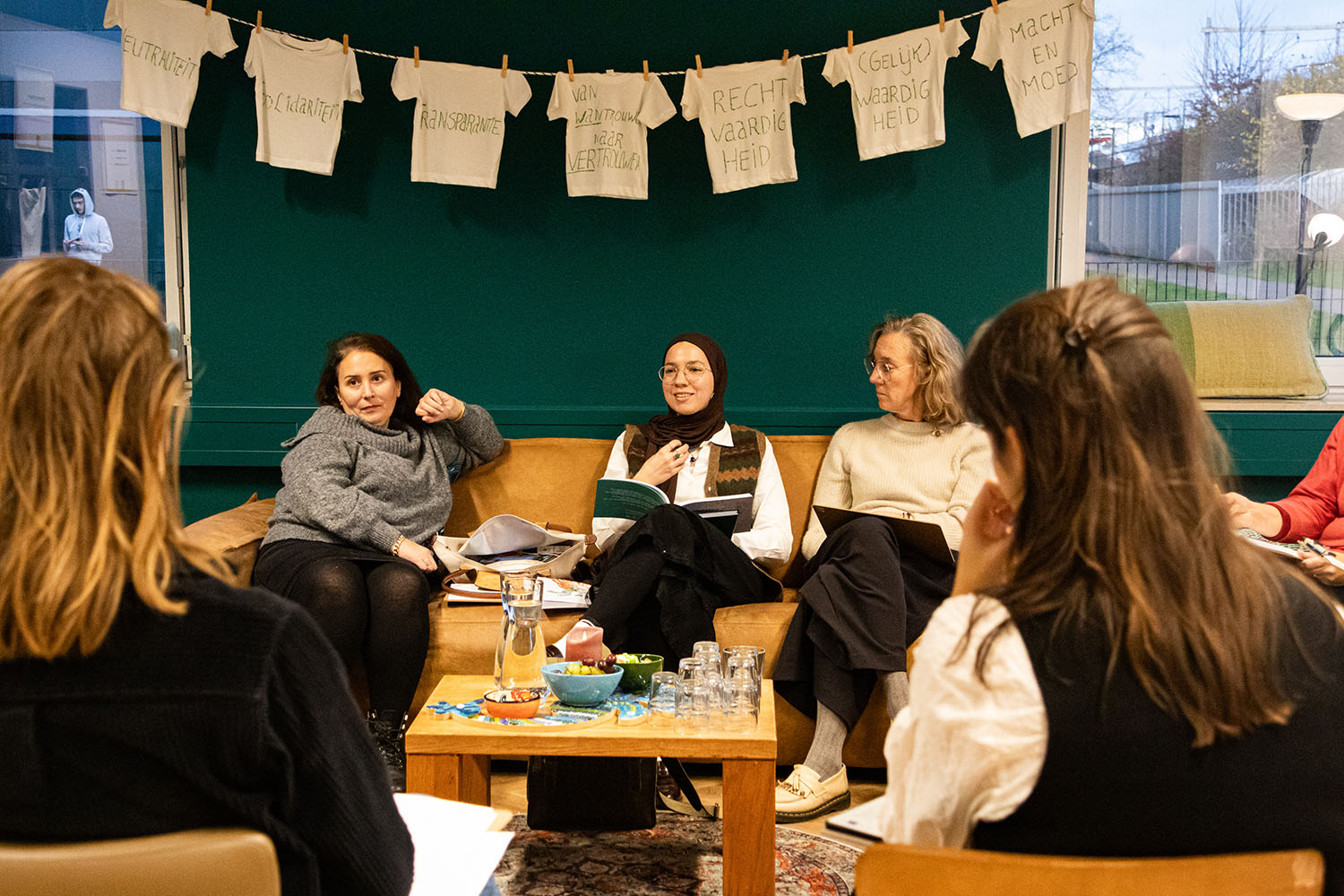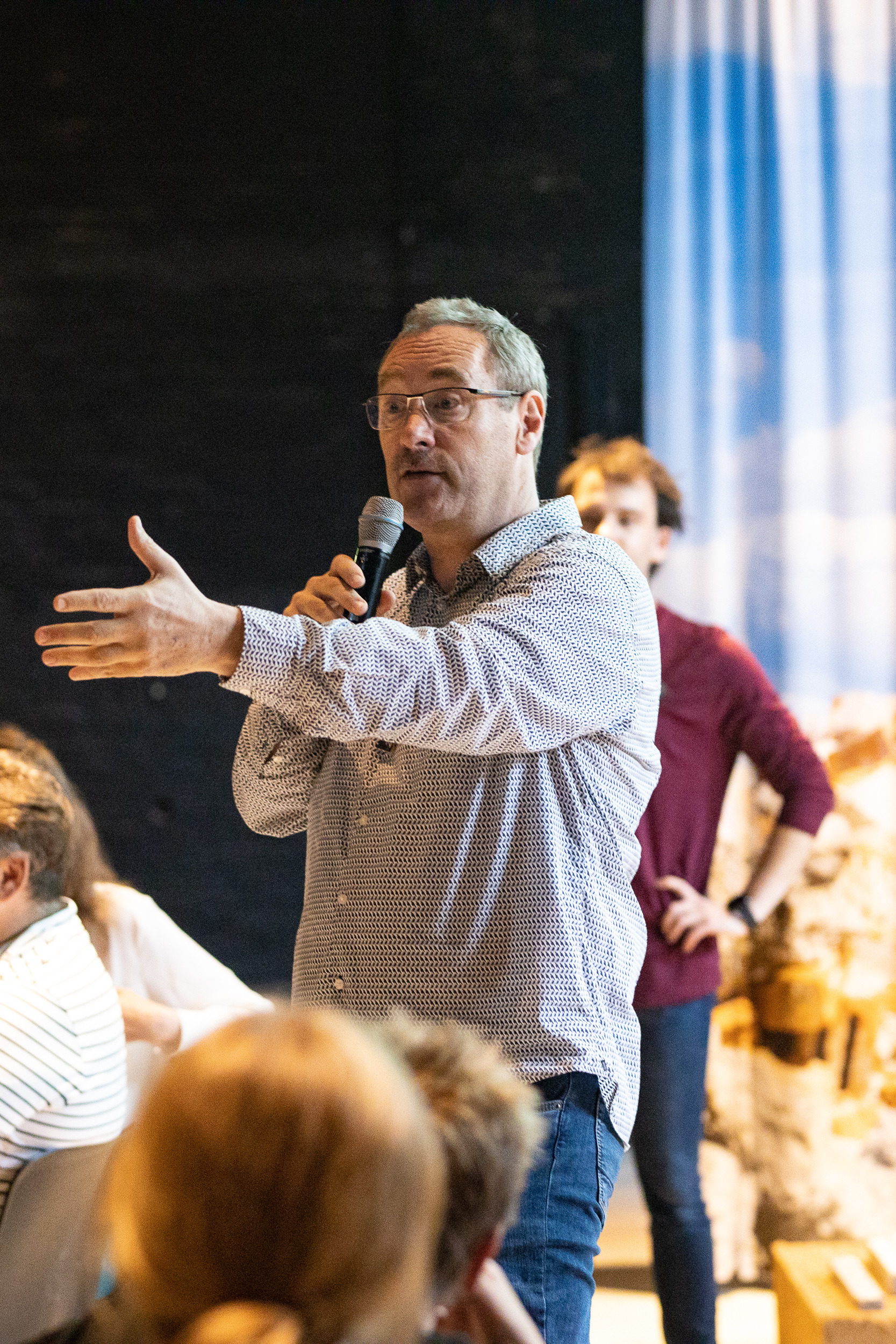Indigenous communities play a crucial role worldwide in protecting ecosystems and preserving traditional ecological knowledge. At the same time, they are often the hardest hit by climate change and their rights are systematically violated. In the Netherlands, little attention is paid to indigenous perspectives in the climate debate.
The collaboration between Indigenous Liberation Month and the Just Transitions Network aims to change this. By organising events, workshops and public discussions, they are building visibility, awareness and exchange. The focus is on the connection between indigenous struggles and climate justice, and building alliances between activists, scientists and policymakers.
The programme highlights diverse voices from indigenous communities, in dialogue with other movements around climate and transition. The aim is to put structural forms of oppression and exclusion on the agenda and make room for other forms of knowledge, care and visions of the future. A few themes are the pillars for this initiative; seven generations Principe, indigenous perspectives, just transitions, intergenerational justice, ethical resource governance.
The upcoming series of events connects the past, present, and future in the sense that just transitions must be rooted in Indigenous knowledge, values, and sustainable futures. Each event serves as a growth stage: from roots (knowledge systems), to soil and sustenance (values and resources), to branches and fruit (technologies and innovation).
View all events organised by this working group in the events calendar.



